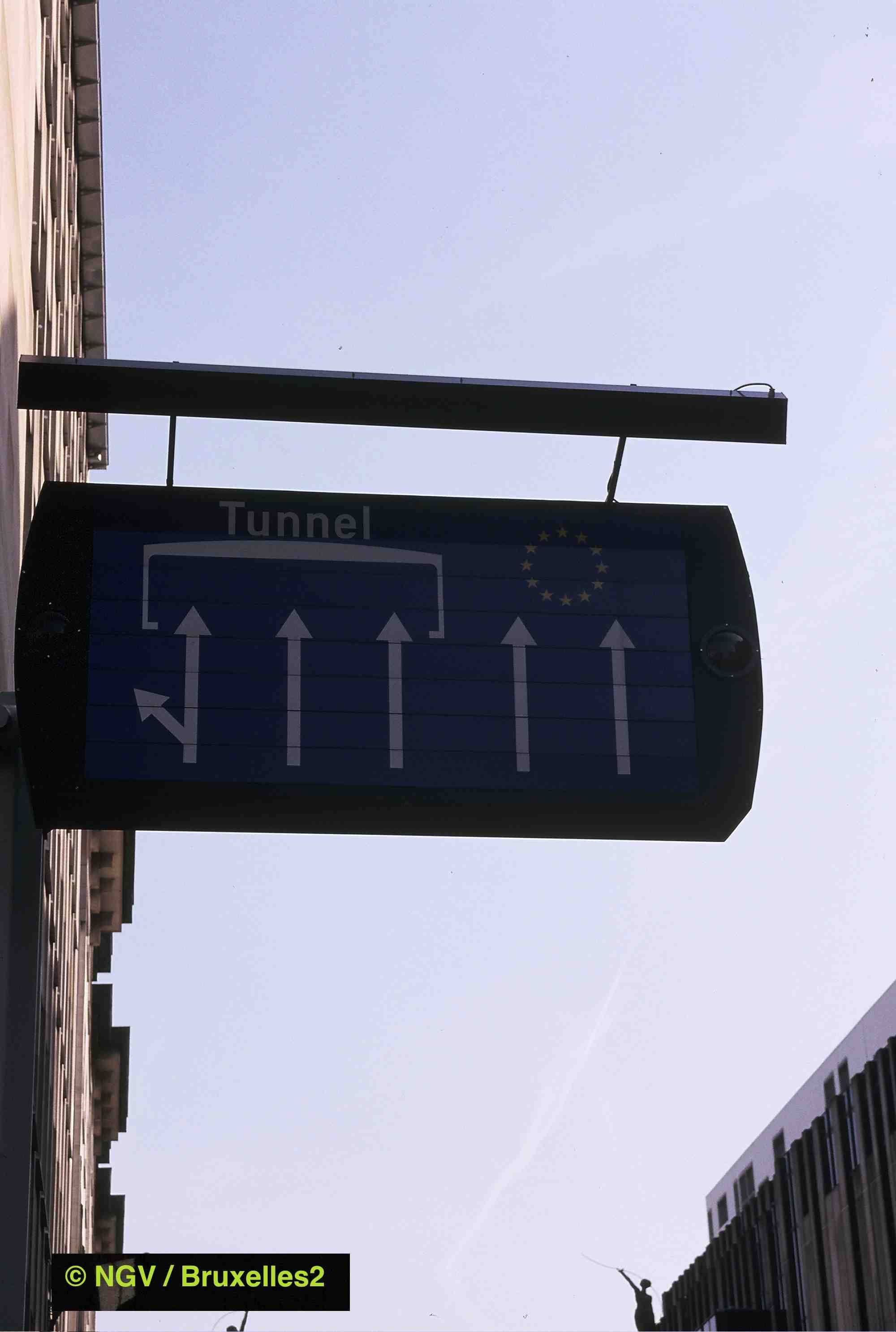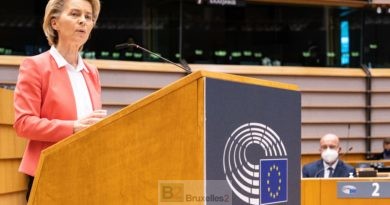Kosovo 4: General Jumelet (Kfor): we remain optimistic even if everything goes wrong quickly
(BRUSSELS2) Interview with General Olivier Jumelet, Commander of Task Force North of Kfor (published in Europolitics)
• How do you assess the security situation with the upcoming political events?
Pour l’instant, c’est calme. Nous n’avons pas de souci particulier. De façon générale, on reste assez optimiste. Tout devrait se passer correctement. La situation demeure cependant sensible pour des raisons politiques, car la population n’a pas de visibilité sur son avenir, et a besoin d’en avoir. On peut sentir une certaine impatience, une certaine nervosité dans la population, quelle que soit son origine. Ca peut donc déraper, s’enflammer, rapidement. Mais on ne sait pas ni où, ni quand, ni sous quelle forme. Nous restons donc très vigilants car n’importe quoi peut déclencher une flambée de violences. Un accident de bus scolaire ou des jeunes un peu éméchés peuvent suffire…
• Is a Serbian army incursion plausible?
We have no indication and no worries either. The Serbs can't afford it. They would be repelled immediately. And they know it perfectly.
• What about armed or paramilitary groups?
We have no pressure from armed groups from Serbia or Albania. The Guard of Saint King Lazarus (Serbian side) and the AKSh (the Albanian National Army) are more chimeras than anything else. These pseudo groups do not really have consistency even if they try to exist with declarations. However, it cannot be overlooked that Serbs or Albanians coming from outside try to create disorder. But they will do it to support Kosovars. The main risk is therefore inside.
• Does this risk exist?
I don't think the population wants to self-destruct or suicidal. We fear more individual actions or small groups, which create a spark and ignite the powder. We don't feel a real will to fight it out. There is rather a reciprocal mistrust. They say: they are going to attack us, and we are not going to attack them.
• And in Mitrovica?
C’est pour nous une préoccupation constate car les deux communautés sont face à face. Mais il existe aussi d’autres zones de ce type : à Pristina ou au sud Enclaves assez importantes serbes en . On a tendance à croire que tous les Serbes sont au Nord de l’Ibar. Or il n’y a que 40 000 Sebes au nord de l’Ibar. Et il y a 100 000 dans tout le pays qui peuvent présenter un risque soit parce qu’il sont agressés, soit parce qu’ils peuvent réagir.
• How do you see the presence of Kfor: short, long?
I see her for several years. It is Kfor's mission to create a safe space to create. If we can reinforce it, so much the better, that's one of the goals. It's very long. (Almost 10 years). When Kfor leaves, it will mean that Kosovo will be on track. This region will no longer be a problem. It is also an asset for Kosovo. We must also see that the international presence is a source of income for Kosovo. In works, employment of local personnel, each force represents a small economy for Kosovo. This also explains why it is well seen.
• The relationship between soldiers of different nationalities should not be easy?
It goes well. We are all soldiers. The relationship between a Danish and an American military is quite simple because there is a common understanding of what hierarchy is and what command is. Each army has its culture, its particularity. There is a different spirit in the way of ordering and reacting. But are not fundamental differences. The real military fundamentals remain the same.
• There are differences, is it not quite a European army?
Indeed, the armaments are different. There can be no pooling of ammunition stocks. Each nation therefore has its own supply chain. It's not the most economical. The statuses
also are different. And the application of military regulations as well. There is obviously at the start, a certain acclimatization necessary for the troops arriving. But this happens without difficulty, especially since the shifts are staggered. Each nation has its succession plan… In the meantime, it works. We manage to make everyone work together and have the best coordination. It doesn't matter how the bullet travels in the gun, what matters is the effect produced by the guns. But clearly if we wanted to found a European army, it may take a few centuries to get there.
• How is the cooperation with the Kosovar police, the KPS, going?
If they need us, we come in support. For the maintenance of order, it is the KPS which is in the front line. But they clearly told us that if there is an outbreak of violence, they can last 15 minutes but no more. The UN plans are communicated to us. And we explain how we can intervene in the event of a problem. We do exercises together. But we're not here to look for cigarette smugglers. Eventually we are interested in arms traffickers because they are more dangerous for security.
• And with the Serbs?
We have good contacts with the Serbs who we see regularly. There are meetings of General Staff to General Staff. We produce security. And we are not repressing. They know it, understand it and see it.
• The European ESDP mission will simplify coordination?
If this European force is deployed, it will be interesting. Certainly. This force may be more homogeneous than the UNMIK police and have a better chance of being accepted by the population, with a desire may be stronger for the KPS to be operational. Because that is, ultimately, the objective: to have a local, trained and autonomous police force.

